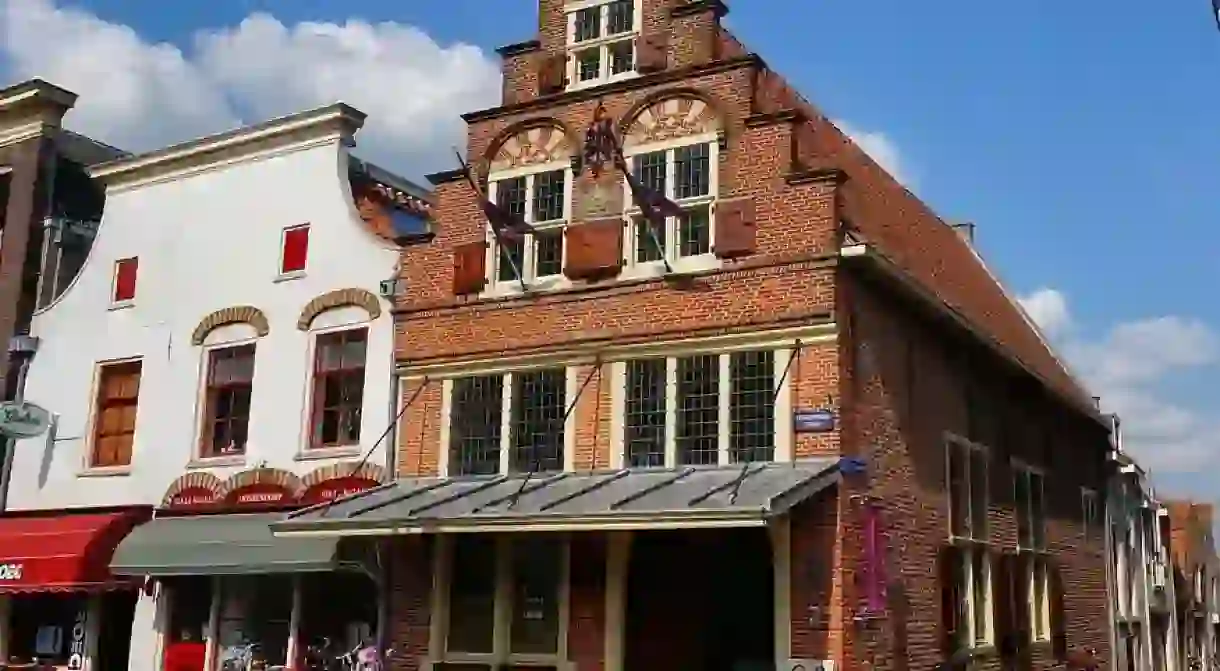How A Small Town In The Netherlands Helped Save Europe's Witches

In the Netherlands it is common for older towns or cities to feature historic, municipal weighing houses where merchants would once gather to determine the weight of their goods. Although the scales contained within these buildings were normally employed for commercial purposes, occasionally they were used to discern whether someone was guilty of witchcraft.
Witches were believed to possess many supernatural qualities during the Medieval and Renaissance period, including buoyancy or weightlessness, which may have been attributed to their lack of a soul. Thus people believed that it was possible to determine whether someone was practising witchcraft by placing them on scales, as they would be shown to weigh considerably less than a pious, christian citizen.
For instance the weighing house in Oudewater, the Netherlands was used for witch trials from the 16th to 18th centuries and 13 people charged with witchcraft were weighed there, before thankfully being acquitted. Legend has it that the building was sanctioned by Holy Roman Emperor Charles V, who recognised it as the only official site to weigh people accused of witchcraft in Europe. Possibly due to the emperor’s intervention, the scales were set to measure people’s weight accurately and therefore never found anyone guilty of sorcery.

While it is certainly tantalising to imagine the weighing house as the centre of witch trials in Europe, it is perhaps more likely that Oudewater’s local government allowed the practise to continue in order to exact levies from anyone accused of witchcraft. Even people that were found innocent had to pay to use the scales, creating an additional source of income for the municipality.

The weighing house was eventually converted into a museum called Museum De Heksenwaag, which welcomes visitors from Tuesday to Sunday every week. The building’s famous scales are still intact and it is possible for visitors to weigh themselves in order to prove that they aren’t in league with the devil, then take home a certificate which verifies this verdict.













